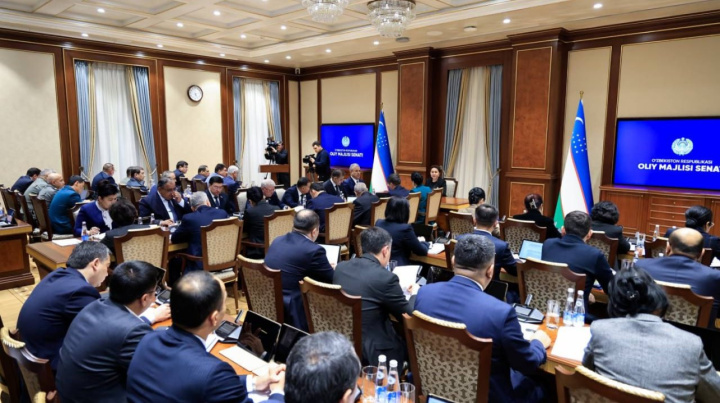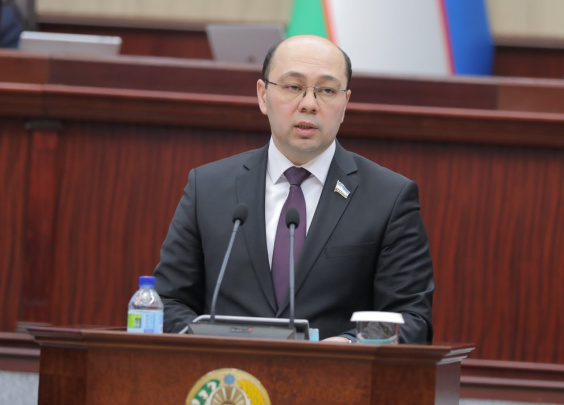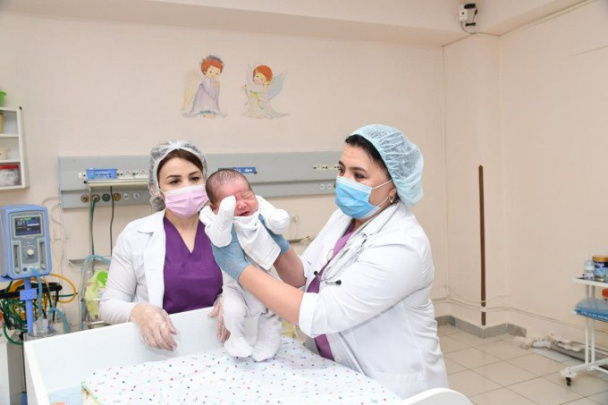On April 2-11, 2019, in Tashkent, the World Bank mission led by Alex Appiah-Koranteng (Chief Public Sector Specialist) studied the issues of wage system in public sector and employment opportunities, the press service of the Finance Ministry said.

During the visit, international experts met with specialists of the Ministry of Finance, the Ministry of Labor and Employment, the Ministry of Preschool Education, the Ministry of Public Education, the Ministry of Higher and Secondary Specialized Education, as well as the Ministry of Health in order to study the current status of payment for labor.
Currently, a roadmap on reforming the public sector remuneration schemes is being developed with participation of international experts. The roadmap consists of two stages, its implementation is envisaged within 1.5 and 3 years.
The first stage involves the establishment of an independent state body on matters of salary and human resources management, as well as an interdepartmental commission responsible for coordinating reforms. At the initial stage, a methodology for determining a payroll in the public sector, including a criterion affecting the amount of wages and a methodology for determining the functional responsibilities for each position, will be worked out. At this stage, the new system for determining the amount of salary is planned to be used in 5-6 sectorial ministries and agencies.

The main objective of the second phase is carrying out a full functional analysis of all ministries, agencies and government organizations, including their territorial subdivisions, as well as step-by-step introduction of new wages and tariffs.
World Bank experts said that the wages and benefits structure needs to be revised to fulfill the objectives set out in the roadmap.
As a result of reforming the remuneration and employment system in the public sector, the following strategic goals are to be achieved:
• achieving financial sustainability of the public sector remuneration fund;
• increasing the efficiency and effectiveness of labor resources in the public sector;
• improving the human resources management and control system;
• introducing a well-deserved workflow due to the transparency, fairness and equity of remuneration in the public sector.





